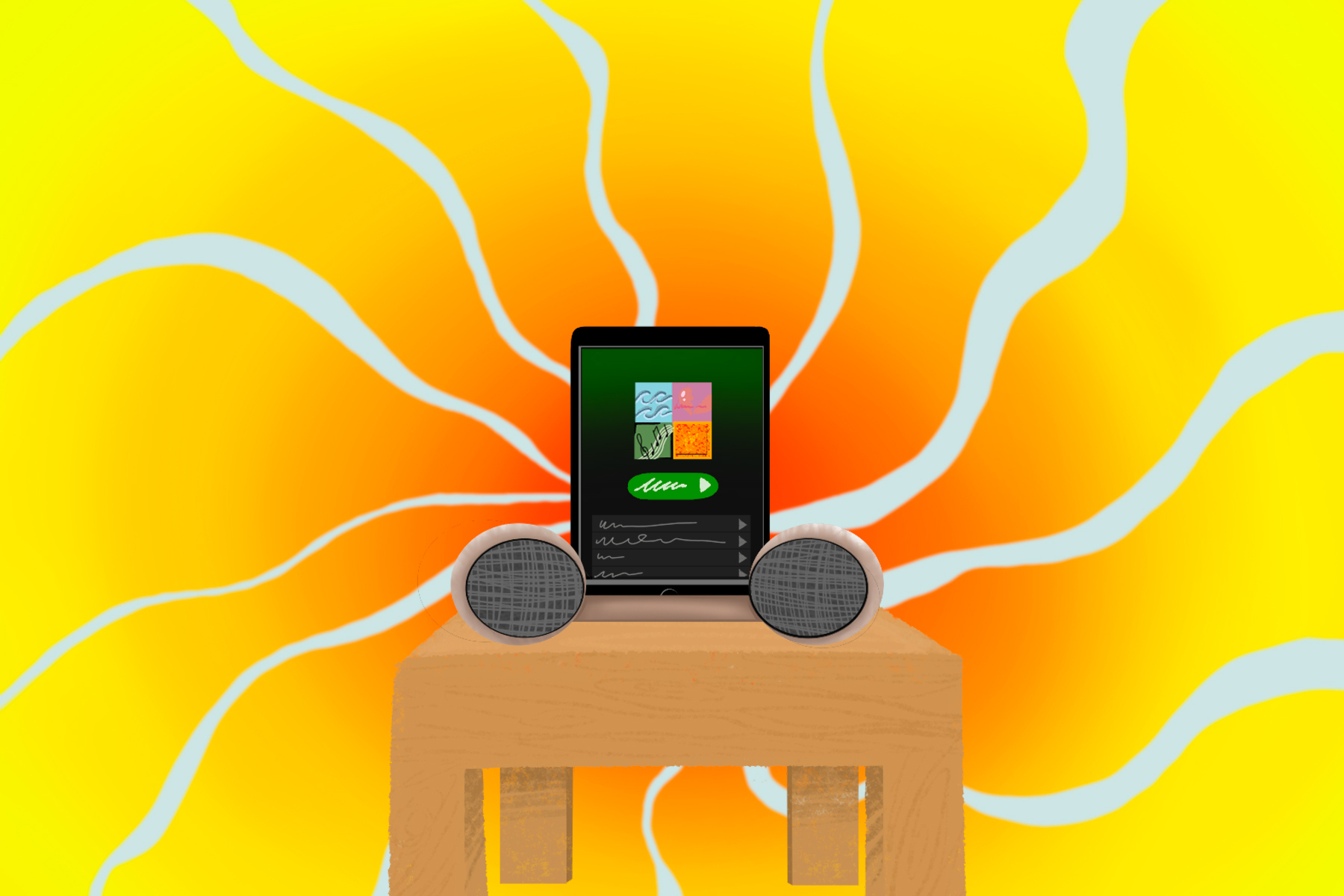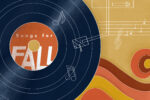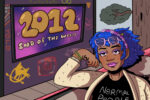Writer and activist Rachel Cargle compiled “Revolution Playlist” — a seven-and-a-half hour long collection of music and speeches, with content ranging from activists and writers such as Angela Davis, Malcolm X and Nikki Giovanni, to artists like Solange, Marvin Gaye and Nina Simone. Found on Spotify with nearly 20,000 likes, “Revolution Playlist” encompasses and blends the significance of personal narratives alongside historical experiences, establishing itself as an aural exploration of Black liberation.
Playlists and their emotional positionality point to a focus on well-being that is lacking in mainstream American culture, while simultaneously conversing with a multitude of sociopolitical occurrences. Historically, Western rhetoric rejects an emphasis on emotions and experiences, driven by the desire to conquer opposing views through argument; playlists can resist these traditional methods of storytelling as they recognize anger, pain and liberation simultaneously.
There is a significant form of power in acknowledging the emotional self as a basis for contextualizing sociopolitical experiences. By rejecting a single narrative, playlists extend themselves in to the arms of others, creating cohesive spaces in which experiences can be validated, shared and understood. And as a summer without concerts, festivals and live music begins, I am increasingly moved by the ways in which digital playlists aim to evoke a similar sensation.
Playlists employ an introspective sense of urgency that understands and explores emotional honesty in ways that counter culturally dominate narratives perpetuated by mainstream media. In its entirety, the era of digital streaming has allowed for the experience of music to transform beyond individual ownership, as platforms such as Spotify and Apple Music allow listeners to follow playlists made by their friends or musicians that they like. Playlists have become scattered soundtracks that grapple with personal realities, mirroring the growing (and long overdue) collective shift in focus toward dismantling systemic racism.
For example, NPR recently asked its Black listeners what music best represents their current emotional state, and created a playlist paired with an explanation behind why listeners chose each specific song. Similarly, Vice published an article titled “The Songs of the Summer Are Also the Songs of the Uprising” that explored the changing state of the production of music amid a revolution and a pandemic. And it’s an interesting thing to think about.
Both pieces position the emotional self alongside the current political climate, indicating the brevity of the narratives that a playlist can possess. Music has consistently been used as a tool to maintain momentum within protests, and artists such as CupcakKe, Lil B and Dua Saleh have recently released music that functions as its own form of protest in the wake of continuous police brutality. Even searching “revolution” on Spotify prompts a range of playlists, podcasts and songs, functioning as poignant portraits of the perspectives rejected by white media.
I also feel that it doesn’t make much sense to separate emotional experiences from the process of a revolution, as sociopolitical circumstances are rooted in emotional positonality, and understanding that dynamic signals a confrontation regarding the process of healing.
As NPR’s “This Is How I Feel” and Cargle’s “Revolution Playlist” suggest, playlists are spaces in which the production of joy and rage alike are not only valid, but necessary toward establishing cohesive social change. More specifically, the exploration of emotional experiences work to establish a collective form of reflection, something that humanizes the isolation of trauma as a method of healing.
This means that the validation of emotional complexity found within these playlists reinforces the significance the range of emotions holds within the overall process of healing, and the power these playlists hold stems from their ability to accept experience and emotion as fact. These playlists do not question or invalidate the experiences of its listeners. They simply provide the tools to emotionally navigate a revolution.
Although some claim that streaming music through online platforms risks the potential to water down down the overall experience of music, I feel that digital streaming broadens the audience, genres and artists that go beyond a whitewashed Top 100. Perhaps a bit more informal than a physical mix CD, a digital playlist still maintains a similar form of intimacy. Particularly in that playlists challenge the idea that music is meant to be owned, reveling in the capability of shared experiences.
The encouragement of reflection that can occur through both compiling and listening to playlists symbolizes an essential aspect of healing that is necessary in any instance of social confrontation. The accessibility of Cargle’s “Revolution Playlist” in particular, demonstrates the way in which digital streaming broadens the availability of revolutionary content. “Revolution Playlist” has the capability to reach a range of audiences. It may resonate with some, and it may directly challenge the comfort of others.
Both scenarios force listeners to question the social structures they are a part of. In its entirety, the music industry owes its rich history to Black musicians, reiterating the importance of the historical implications that can be found within genres such as R&B, blues, rock ‘n’ roll and jazz. And as people discuss which forms of activism are most effective, I find it important to confront the lack of listening that is prevalent within American culture.
As Confederate monuments are finally coming down, the Grammys are beginning the long overdue process of confronting their own racist legacy upheld within the academy. While these changes are indeed steps in the right direction, both the statues and award show have justified white narratives for years, despite previous efforts from activists.
Perhaps it’s the pandemic and its ability to unify the public’s focus, but there seems to be a is a new form of willingness to rebel against systemic racism — a new form of unity that reveals the necessity of authentically listening to one another, pointing to the power that can be produced in ways that detach themselves from whitewashed narratives.
















